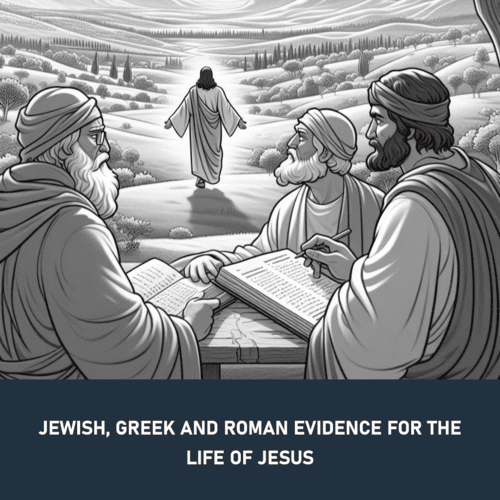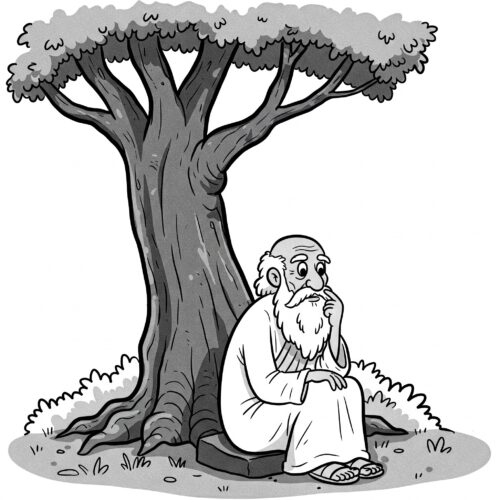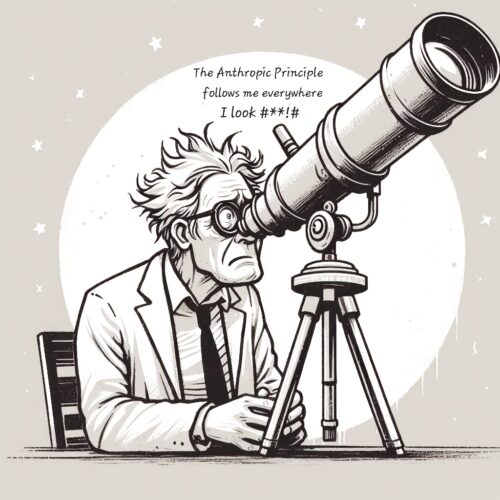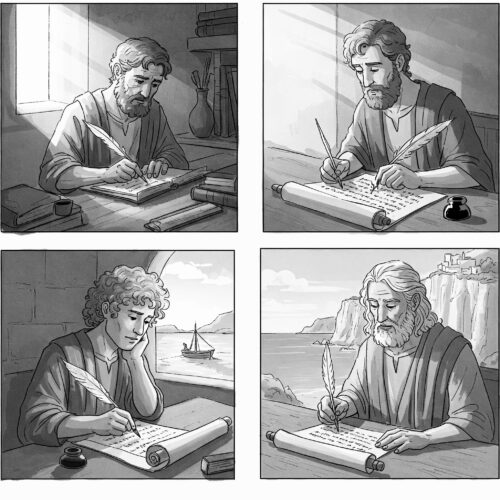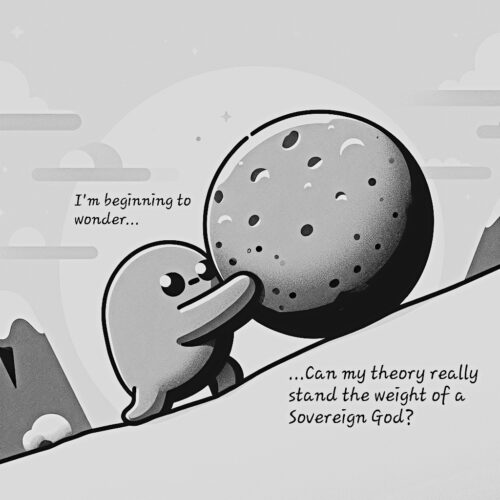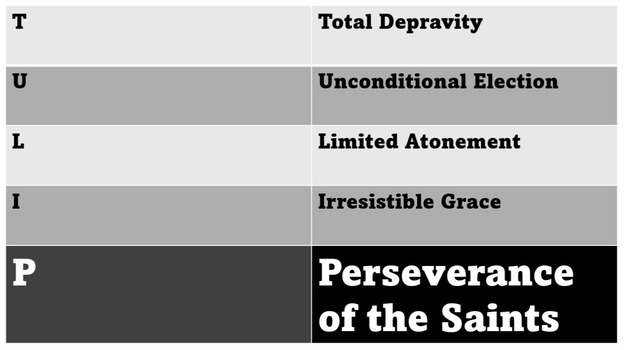Ancient Non-Christian Writings on Jesus: Validating Historicity
The historicity of Jesus has been a subject of inquiry that extends far beyond religious circles. Sceptics often demand evidence for the life of Jesus from outside the Bible—well, here’s a wealth of ancient non-Christian writings on Jesus, that support the case for His historicity. These independent accounts not only corroborate key elements of the New Testament narrative but also offer a window into how Jesus and His followers were perceived by the broader Roman world. When combined with the numerous early Christian writings—including the Gospels, Pauline epistles, and works of the Apostolic Fathers—we find a robust historical foundation for Jesus’ life, teachings, and impact. This article focuses on the non-Christian sources alone that interestingly, seem to align with and validate Bible accounts, offering powerful evidence for both the historicity of Jesus and the reliability of the New Testament.
Josephus and the Talmud
Josephus, a first-century Jewish historian, mentions Jesus in his Jewish Antiquities on two occasions. In a brief reference, he describes James as “the brother of Jesus, the so-called Christ,” aligning with Paul’s description in Galatians 1:19.
The more remarkable Testimonium Flavianum reads: “About this time there lived Jesus, a wise man, if indeed one ought to call him a man. For he wrought surprising feats… He was the Christ. When Pilate condemned him to be crucified, those who had come to love him did not give up their affection for him. On the third day he appeared restored to life…”
Some scholars suspect the core of this passage originated with Josephus but may later have been embellished by Christian scribes. Despite possible interpolations, Josephus confirms Jesus was a wise man, performed miracles, was crucified under Pilate, and had followers who continued to venerate Him.
The Babylonian Talmud, a collection of Jewish rabbinical writings compiled between AD 70-500, also references Jesus: “On the eve of the Passover Yeshu was hanged. For forty days before the execution took place, a herald… cried, ‘He is going forth to be stoned because he has practiced sorcery and enticed Israel to apostasy.’”
“Yeshu” (or “Yeshua”) is the Hebrew version of Jesus. The term “hanged” is synonymous with crucified in this context . The Talmud accuses Jesus of sorcery and apostasy, which parallels the Pharisees’ charge in the New Testament that Jesus performed miracles by demonic power. This confirms the New Testament accounts of His miracles and the charges against Him.
Other Ancient Sources
Tacitus, a Roman historian, provides a critical reference to Jesus in his Annals, reporting on Emperor Nero’s persecution of Christians: “Nero fastened the guilt… on a class hated for their abominations, called Christians by the populace. Christus, from whom the name had its origin, suffered the extreme penalty during the reign of Tiberius at the hands of… Pontius Pilatus…”
Tacitus confirms Jesus, known as Christus, was executed by crucifixion under Pontius Pilate during Tiberius’s reign. This aligns with the Gospel accounts of Jesus’ death.
Pliny the Younger, a Roman governor, wrote to Emperor Trajan around AD 112, seeking guidance on handling Christians. He describes their practices: “They were in the habit of meeting on a certain fixed day before it was light, when they sang in alternate verses a hymn to Christ, as to a god…”
Pliny’s letter reveals that early Christians worshipped Jesus as divine, adhering to His ethical teachings and observing communal meals, likely referring to communion.
Lucian of Samosata, a second-century Greek satirist, mocks Christians in one of his works: “The Christians… worship a man to this day—the distinguished personage who introduced their novel rites, and was crucified on that account…”
Lucian acknowledges Christians worshipped Jesus, who introduced their practices and was crucified for His teachings.
Conclusion
The ancient non-Christian writings on Jesus examined here provides remarkable validation supporting the historical reality of Jesus Christ. From Jewish historians to Roman officials and Greek satirists, these diverse voices collectively affirm core elements of the Gospel narratives:
- Jesus was considered a wise man and a powerful teacher (Josephus, Lucian).
- He performed miraculous feats (Josephus, Talmud).
- He was crucified under Pontius Pilate (Tacitus, Josephus, Talmud).
- Early Christians worshipped Him as divine (Pliny, Lucian).
- References to His resurrection beliefs are present (Tacitus, Josephus).
These independent attestations, when considered alongside the wealth of early Christian writings, create a compelling case for the historical reliability of the New Testament accounts. The Gospels, written within living memory of Jesus’ life, find unexpected allies in these non-Christian sources, which echo their central claims without theological agenda.
Moreover, the early Christian references to Jesus—including Paul’s letters (written as early as 50-60 AD), the Gospel accounts, and writings of early church leaders like Clement of Rome, Ignatius of Antioch, and Polycarp—provide a rich tapestry of historical and theological detail. These Christian sources, when corroborated by non-Christian references, demonstrate a remarkable consistency in their portrayal of Jesus’ life, death, and the beliefs of His earliest followers.
Related Reads:
Editor's Pick
The Euthyphro Dilemma: Did God Invent Morality or Discover It?
A Biblical Creationist Answer to the 2400-Year-Old Question The Euthyphro Dilemma has challenged folks for over 2,400 years. First posed [...]
Outdo One Another in Showing Honour: What Does It Really Mean?
“Love one another with brotherly affection. Outdo one another in showing honour.” Paul’s instructions in Romans 12:10 present us with [...]
The Anthropic Principle: How’s Our Universe Designed for Life?
Ever wondered why our universe seems so perfectly suited for life? The Anthropic Principle addresses this very question: it notes [...]
Who Wrote the Gospels? Evaluating Modern Scholarship
The four Gospel writers—Matthew, Mark, Luke, and John—are the foundational witnesses to Christ's life and teaching. Yet, the question of [...]
The Fossil Record: Does It Really Show We Evolved from Apes?
The Fossil Record: Does It Really Show We Evolved from Apes? The fossil record has long been presented as [...]
Wrestling with Identity: When God Asks Jacob His Name
In the darkness by the Jabbok River, Jacob wrestles with a mysterious figure until daybreak. Exhausted and injured, yet refusing [...]
The Fatal Flaws of Middle Knowledge: A Reformed Critique
Middle Knowledge is one of the most sophisticated attempts to reconcile divine sovereignty with human freedom. Proposed by the 16th [...]
If Jesus is God, Why Does He Call Himself ‘Son of Man’?
A fascinating aspect of Jesus' ministry is how He repeatedly refers to Himself as the "Son of Man." The title [...]
The Mystery of Salvation: Why Did God Keep His Plan a Secret?
In the economy of God's revelation, some truths remain veiled until the time appointed for their disclosure. The plan of [...]
What Does It Mean to Be a ‘Slave’ to Righteousness?
"And having been set free from sin, you became slaves of righteousness." - Romans 6:18 (NKJV) Given how highly we [...]
SUPPORT US:
Feel the Holy Spirit's gentle nudge to partner with us?
Donate Online:
Account Name: TRUTHS TO DIE FOR FOUNDATION
Account Number: 10243565459
Bank IFSC: IDFB0043391
Bank Name: IDFC FIRST BANK


